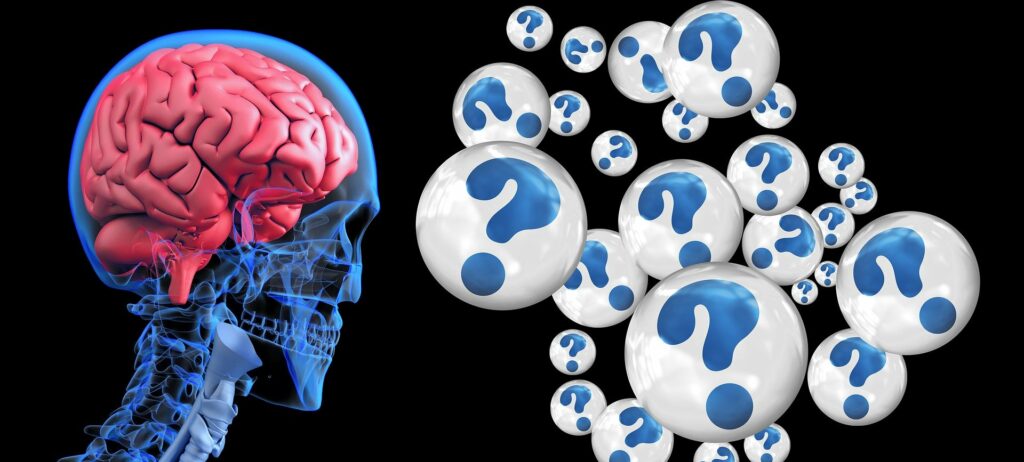Abilities Rather than Disabilities

Please Emphasize Abilities Rather than Disabilities!!!
by: Judy Kay Frieder, CEAC, CSA, ECHMP, CLIPP

This is written in response to numerous places I have recently seen the term “wheelchair bound” used in various different publications writing about people with a disability. This expression makes my skin crawl, like chalk screeching on a blackboard. Wheelchairs are assistive technology that enables a person with a disability to have more mobility and freedom than they would without the use of one. The wheelchair gives the person a modicum of FREEDOM to function in the world more like an able-bodied person would. A wheelchair never holds a person back and a person is definitely NOT “wheelchair bound”!! A wheelchair allows the person to go places they could not without this mode of transportation. It makes them independent in ways they could never be without their wheelchair.
A person with a disability may be housebound, unable to leave their home for various reasons, but please I am begging you DO NOT use the term “wheelchair bound”! It is denigrating and is not helpful.
So, now, that we are discussing this topic, let me continue with some more pointers about people’s first language, respect for people with different abilities, and a few of my other pet peeves. I feel like I have become the “disability language police” like some people are “grammar Nazis”.
So, another offensive term is the use of the word “disabled”. Please use an alternate term such as “differently abled”. This is a much better use of people’s first language. If you can’t do that, then at least say “People with a Disability” rather than Disabled. There is a huge difference between those two expressions as well. Words matter. Speak of the person first, then the disability. Emphasize abilities, not limitations. Don’t label a group of people by their disability (don’t say “the disabled”, instead say “people with disabilities”). Also, a few more things to remember…Individuals with disabilities are people! Individuals with disabilities are whole people! Individuals with disabilities expect to be treated with the same dignity and respect that you do! Just because someone has a disability does not mean that he/she is disabled!
There are many websites with great information about this. One that is a very brief reference guide is the National Center on Workforce and Disability/Adults. They publish a three-page guide called “Watch Your Language”. This is a very helpful summary. If you are a journalist who regularly writes on this topic and would like to better inform yourself, then the Walter Cronkite School of Journalism and Mass Communications at ASU has an excellent Disability Language Style Guide.
Here is some information about the National Center on Disability and Journalism at ASU borrowed directly from their website:
Welcome to the National Center on Disability and Journalism, headquartered at the Walter Cronkite School of Journalism and Mass Communication at Arizona State University.
The goal of the NCDJ is to provide support and guidance for journalists as they cover people with disabilities.
People with disabilities make up at least 19 percent of the U.S. population or 54.4 million people. The Americans with Disabilities Act defines a disability as “a physical or mental impairment that substantially limits one or more of the major life activities.” However, it is widely acknowledged that people with disabilities are frequently under-covered by the mainstream press or that coverage is inaccurate or incomplete.
The NCDJ does not advocate a particular point of view; it is concerned with the journalistic principles of accuracy, fairness, and diversity in news coverage. Reporters who cover disability issues as a beat and those who may occasionally report on people with disabilities or disability issues may find the center a useful resource for information and the exchange of ideas.
Resources on this site include:
- Disability style guide with suggestions on appropriate language and short descriptions of disability-related terms
- Tip sheets with best practices for interviewing people with disabilities and brief guides to specific disability topics
- Disability library with news stories about people with disabilities.
- Disability resources, including disability-related organizations, experts, advocates and people with disabilities who are willing sources for journalists.
I hope this is helpful to people in better understanding how language impacts the way we think about people. The guides at the NCDJ will help guide you in learning more about people with a disability, and disability language and provide many resources. We are all people, even if we have different abilities. BE KIND!!!
https://uniteddisab.wpengine.com/everything-you-need-to-know-about-the-speech-therapy/




Very true!